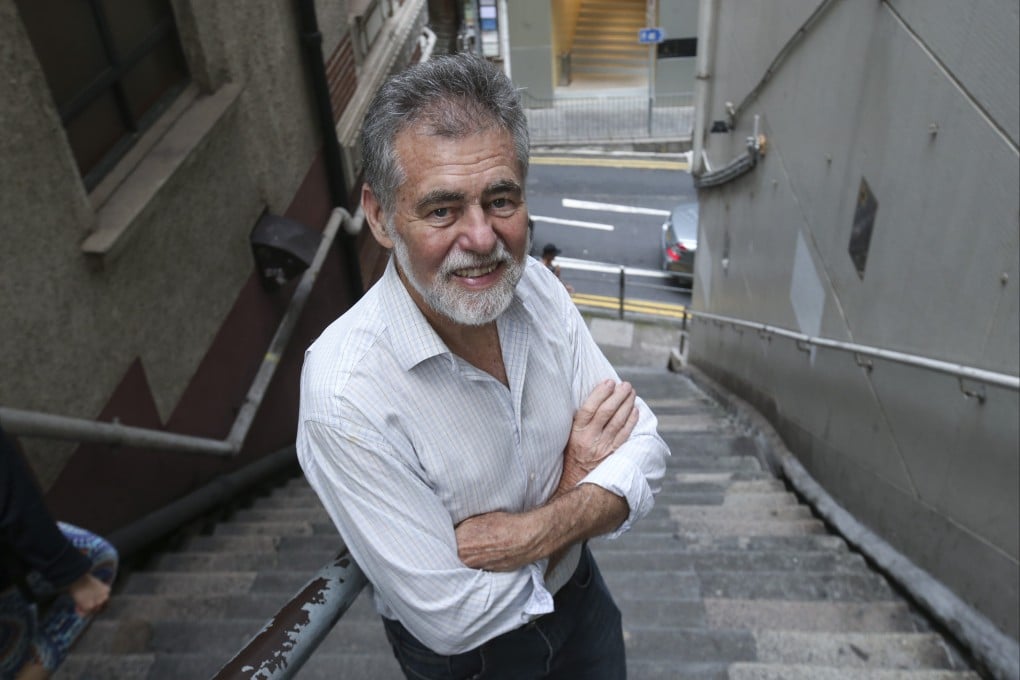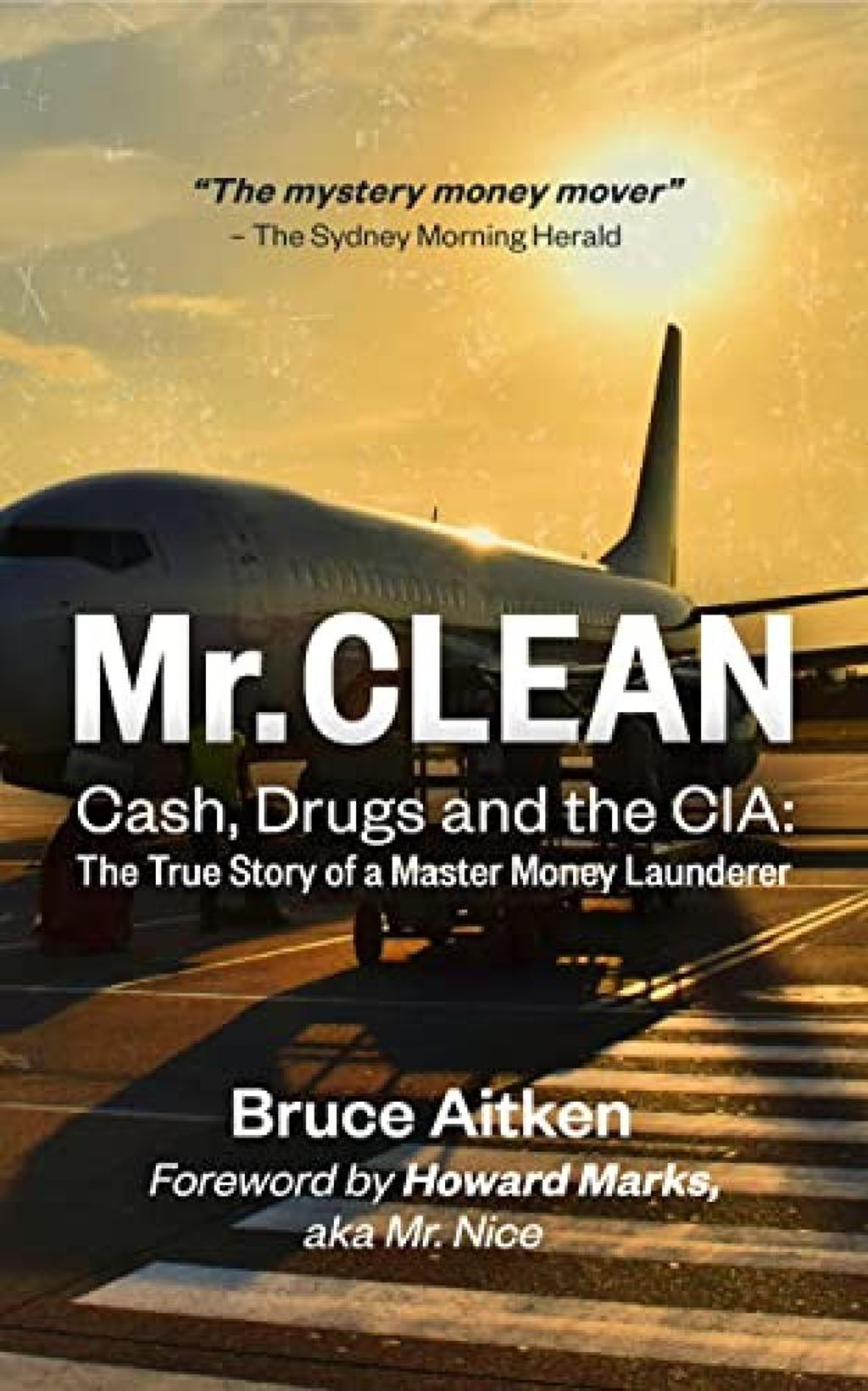Drugs, cash and the CIA: international money launderer Bruce Aitken worked for the world’s shadiest characters, revealed in his book Mr Clean
- From smuggling US dollars into Saigon during the Vietnam war to later missions around Asia with his customised golf bag, Bruce Aitken revelled in his job
- US president Reagan’s War on Drugs in the 1980s closed down the foreign exchange firm he worked for that was cosy with the CIA

Mr. Clean: Cash, Drugs and the CIA, by Bruce Aitken. Published by One Hour Asia Media
Ah, the good old days! Unless they’ve been unlucky enough to live in some sort of hellhole, old hands of just about anywhere will reliably turn wistful about how things ain’t what they used to be.
In Bruce Aitken’s case, Hasbrouck Heights, New Jersey (Smalltown, USA), is a lost childhood paradise built on the essential quality of loyalty. Hong Kong, meanwhile, he adores from his introductory view of the harbour in 1969.
We’re back beyond an event horizon where safari suits weren’t naff, Central’s colonial architecture was only a mildly endangered species and a cricket pitch abutted the Legco building. Hong Kong will soon give Aitken his biggest career break: as an international money launderer.

Early in his updated autobiographical memoir, first published in 2017, Aitken, 76, now a Hong Kong Christian-radio host of several years’ standing, reveals part of his hand. In his 20s, living in Florida, unemployed and with his savings dwindling, he joins American Express as a military banker servicing US bases in Vietnam – having protested against the war just the previous week. In country, Aitken discovers the intricacies of the black market and his talent for smuggling US dollars into Saigon.
He does business with Deak, the superficially reputable foreign exchange firm and behind-the-scenes currency conduit for a clientele that prominently features the CIA – which had helped to establish the company in 1947. And when, a few years later, he enlists with Deak in Hong Kong, Aitken’s career literally takes off.